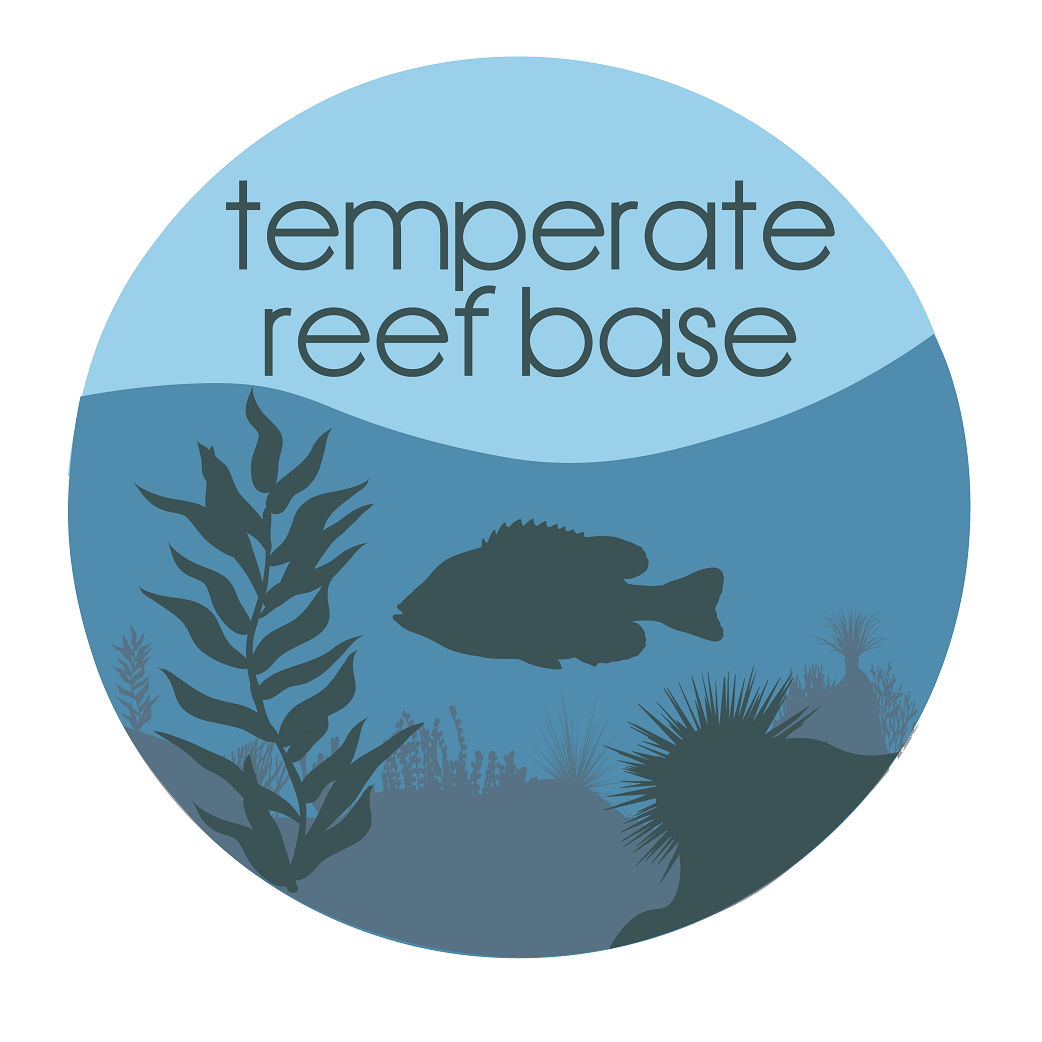FACE > Free Air CO2 Enrichment Program
Type of resources
Topics
Keywords
Contact for the resource
Provided by
-
Carbonate chemistry data sets for the Antarctic Free Ocean Carbon Dioxide Enrichment experiment, Casey Station, East Antarctica, 2014/15. Project Summary: Currently, a quarter of the CO2 we emit is absorbed by the ocean. CO2 absorption in seawater changes its chemistry – reducing ocean pH (raising its acidity) – which has significant impacts on biological processes and serious implications for the resilience of marine ecosystems. As CO2 is more soluble in cold water we expect polar ecosystems to bear the heaviest burden of this 'ocean acidification'. We will perform the first in situ polar CO2 enrichment experiment to determine the likely impacts of ocean acidification on Southern Ocean sea-floor communities under increasing CO2 emissions.
-
Carbonate chemistry data for the antFOCE seawater samples. The download file contains an Excel spreadsheet with a number of worksheets detailing the samples collected from O'Brien Bay, Casey Station. The dataset includes information on oxygen levels, pH levels, temperature and salinity levels, as well as the concentrations of various elements (dissolved inorganic carbon, phosphate, nitrate, nitrite, silicate). Free-ocean CO2 enrichment (FOCE) experiments have been deployed in marine ecosystems to manipulate carbonate system conditions to those predicted in future oceans. We investigated whether the pH/carbonate chemistry of extremely cold polar waters can be manipulated in an ecologically relevant way, to represent conditions under future atmospheric CO2 levels, in an in-situ FOCE experiment in Antarctica. We examined spatial and temporal variation in local ambient carbonate chemistry at hourly intervals at two sites between December and February and compared these with experimental conditions. We successfully maintained a mean pH offset in acidified benthic chambers of -0.38 (plus or minus 0.07) from ambient for approximately 8 weeks. Local diel and seasonal fluctuations in ambient pH were duplicated in the FOCE system. Large temporal variability in acidified chambers resulted from system stoppages. The mean pH, Ωarag and fCO2 values in the acidified chambers were 7.688 plus or minus 0.079, 0.62 plus or minus 0.13 and 912 plus or minus 150 micro-atm respectively. Variation in ambient pH appeared to be mainly driven by salinity and biological production and ranged from 8.019 to 8.192 with significant spatio-temporal variation. This experiment demonstrates the utility of FOCE systems to create conditions expected in future oceans that represent ecologically relevant variation, even under polar conditions.
-
Parent node for data sets for the Antarctic Free Ocean Carbon Dioxide Enrichment experiment (antFOCE), AAS project 4127. Project Summary: Currently, a quarter of the CO2 we emit is absorbed by the ocean. CO2 absorption in seawater changes its chemistry – reducing ocean pH (raising its acidity) – which has significant impacts on biological processes and serious implications for the resilience of marine ecosystems. As CO2 is more soluble in cold water we expect polar ecosystems to bear the heaviest burden of this 'ocean acidification'. We will perform the first in situ polar CO2 enrichment experiment to determine the likely impacts of ocean acidification on Southern Ocean sea-floor communities under increasing CO2 emissions.
 TemperateReefBase Geonetwork Catalogue
TemperateReefBase Geonetwork Catalogue